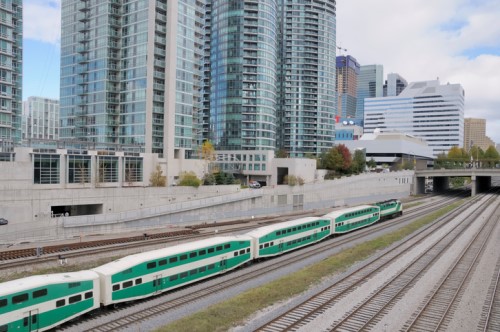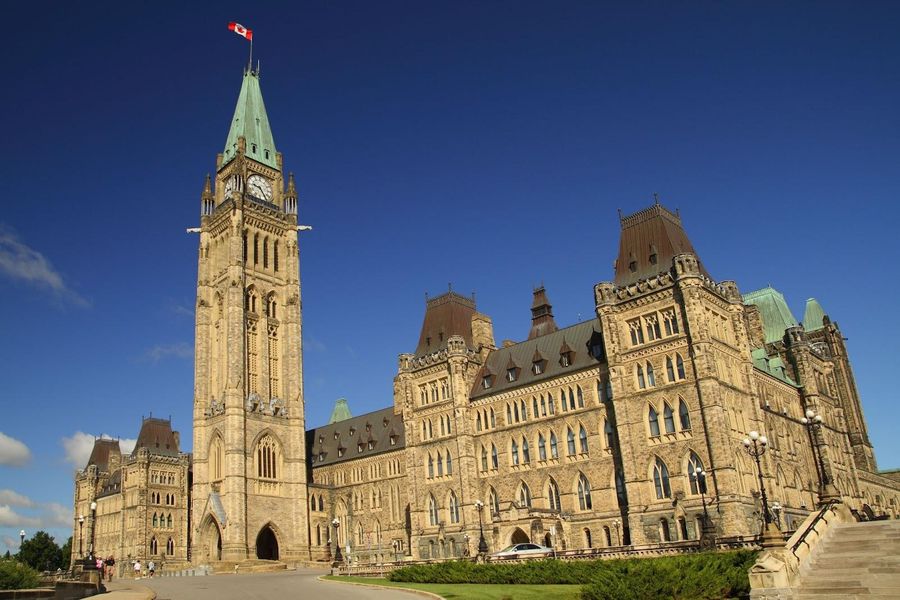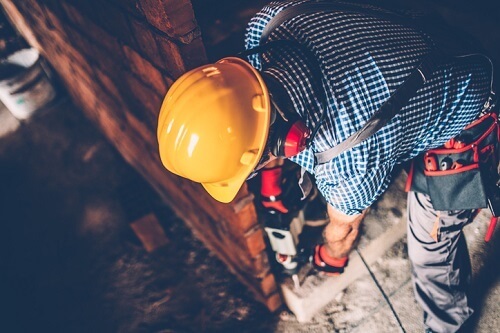Toronto mayoral candidate Jennifer Keesmaat last week proposed a 0.4% property tax on homes valued at $4 million or more to subsidize 10,000 affordable housing units, however, the plan’s feasibility has been called into question.
As part of Keesmaat’s campaign pledge to build 100,000 affordable housing units over 10 years, the 0.4% property tax would help partially fund a tenth of those units through a rent-to-own program whereby homes would be purchased within five years.
“There is an entire generation that is being priced out of access to housing in our city,” Keesmaat said at a press conference in Liberty Village. “They are struggling with debt, they have little saved for retirement and have seen the homeownership ladder kicked out from underneath them.
“People taking advantage of this program will be able to apply a portion of their monthly rent against the down payment so renting becomes a pathway to homeownership.”
However, Plaza Corp.’s Senior Vice President Scott McLellan has a few questions.
“Who supplies the product? Does the government build these things and sell them? Does the government pay for construction? Where does the supply come from?”
The luxury home tax structure would net the city $80m annually for the rent-to-own program, but even if it were more than that, McLellan doesn’t think it will pay for much.
“Trying to introduce another to people who have a $4m home—so this is their fault? Fine, so you have a nest egg of, let’s say $100m, every year. But $100m doesn’t build much. Then you’re going to build a rent-to-own with below-market rents? There are other things too, like who will pay the land transfer tax, the closing costs, and what if the city wants development charges? There are closing costs, too. It sounds fantastic, but I don’t know how it could work.”
The Toronto Real Estate Board’s Von Palmer says additional home levies will not result in the outcome Keesmaat is hoping for. While he agrees with her that first-time buyers need help getting into the housing market, he instead proposes land transfer tax relief through a rebate hike that’s indexed to inflation.
“It is now based on outdated estimates of the average home price, which was $400,000 when the tax was introduced in 2008, but the average price is now $800,000, meaning most first-time buyers pay the land transfer tax,” said Palmer.
“We should also make taxation on housing fairer, and one example would be indexing the LTT rates to inflation. What that would mean is that the highest tax rate of 2% would kick in when the purchase price is above the current average price of $800,000. Now it’s applied on a $400,000 property which is where it was when the tax was introduced 10 years ago.”
Neil Sharma is the Editor-In-Chief of Canadian Real Estate Wealth and Real Estate Professional. As a journalist, he has covered Canada’s housing market for the Toronto Star, Toronto Sun, National Post, and other publications, specializing in everything from market trends to mortgage and investment advice. He can be reached at neil@crewmedia.ca.









